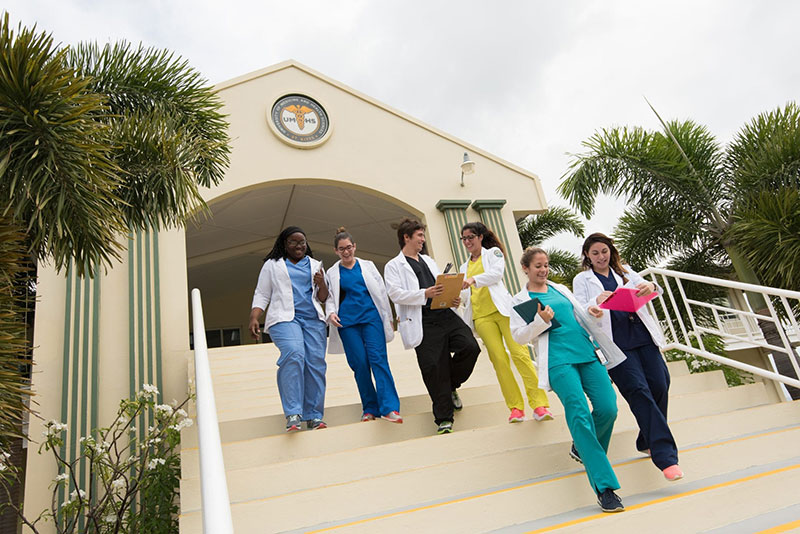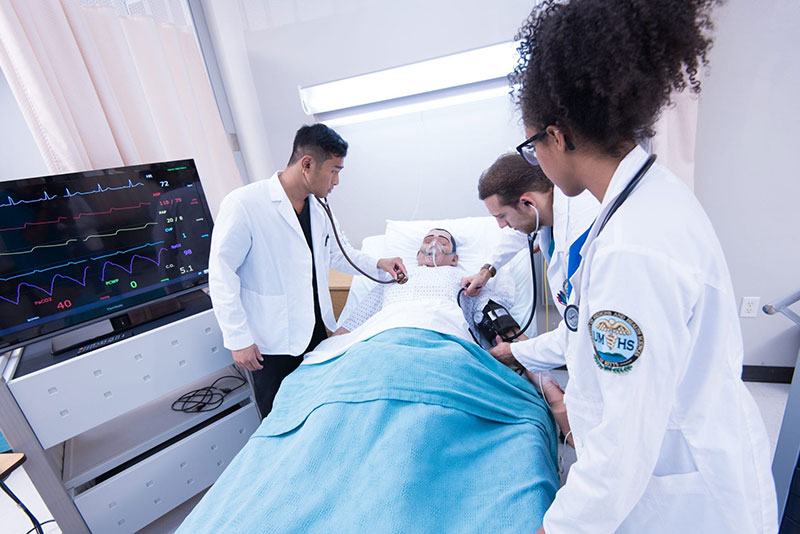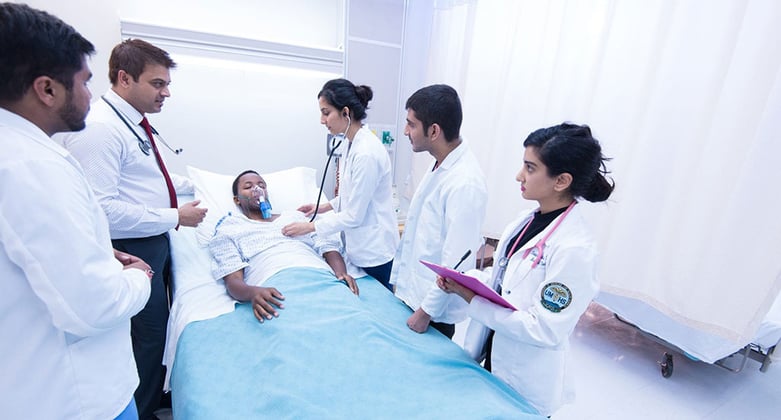Applying to medical school can feel overwhelming. Many prospective students worry about whether their GPA or MCAT score will be “good enough.” But the truth is, admissions committees don’t just see you as a number.
This is where holistic admissions comes in—a process that considers your entire journey, not just your test scores. If you’re passionate about becoming a physician, understanding this approach could be the key to standing out in your application.
What Is Holistic Admissions in Medical School?
Holistic admissions is a review process that looks beyond grades and test scores to evaluate the whole applicant. According to the AAMC, holistic review balances three elements:
- Experiences – Your volunteer work, clinical exposure, leadership roles, and community service.
- Attributes – Your motivation, maturity, communication skills, resilience, and cultural awareness.
- Metrics – Your GPA and MCAT scores (still important, but not the only factors).
In short, holistic admissions means admissions committees want to understand who you are as a future physician, not just how you performed on exams.
Why It Matters More Than Ever
For years, high USMLE Step 1 scores were used as benchmarks for residency competitiveness. But since Step 1 moved to pass/fail, medical schools (and residency programs) are paying closer attention to broader qualities.
That means your story, experiences, and skills carry even more weight. Holistic admissions ensures that students with diverse backgrounds and non-traditional paths still have a fair chance to succeed.

UMHS reviews the whole student — not just grades or scores. (Photo: UMHS)
How UMHS Approaches Holistic Admissions
At the University of Medicine and Health Sciences (UMHS), we believe in looking at the full picture.
“A holistic approach means each student is reviewed individually, including grades, volunteer work, research, and motivation. We want to know who you are as a person, not just as an applicant.” — UMHS Admissions
When reviewing applications, our team considers:
- Academic performance and MCAT results
- Healthcare exposure (volunteer work, shadowing, or clinical jobs)
- Research, publications, or poster presentations
- Leadership and community involvement
- Personal statement and recommendation letters
- Unique life experiences that shaped your path to medicine
How You Can Stand Out Beyond GPA and MCAT
If you’re worried that your GPA or MCAT score isn’t perfect, focus on strengthening the other parts of your application. Here are a few strategies:
- Gain clinical or volunteer experience – Work with patients, shadow physicians, or join medical mission trips.
- Take on leadership roles – Show initiative by leading clubs, projects, or community health efforts.
- Engage in research – Publications or poster presentations add weight to your CV.
- Write a compelling personal statement – Share your story with authenticity and passion.
- Secure strong recommendation letters – Ask mentors who know your character and potential.
Remember: holistic review means no single factor defines your success—it’s the combination that matters.
Diversity and Holistic Admissions
With recent changes in U.S. affirmative action policies, many schools reaffirmed their commitment to diversity through holistic admissions. This ensures that med school cohorts reflect the wide range of backgrounds, experiences, and perspectives that make better doctors and stronger healthcare systems.
Holistic review isn’t just about who gets accepted—it’s about preparing a medical workforce that reflects and serves the real world.

Hands-on experience, like volunteering or shadowing, can strengthen your med school application. (Photo: UMHS Simulation Lab)
Key Takeaways
- Holistic admissions looks at the whole student—experiences, attributes, and academics.
- Your MCAT and GPA matter, but they’re not the only factors.
- At UMHS, we value diverse backgrounds, resilience, and passion for medicine.
- Building experiences in research, leadership, and service can significantly strengthen your application.
Next Steps
If you’re beginning your med school journey, holistic admissions should give you confidence that there’s more than one path to success.
👉 Want more guidance?
- Read our Guide to Applying to Medical School
- Explore Residency Success Stories from UMHS alumni
- Or connect with an admissions specialist to discuss how UMHS supports students from all walks of life.
(Top photo) Holistic admissions look beyond MCAT scores to life experience and potential. (Photo: UMHS).
About UMHS:
Built in the tradition of the best U.S. universities, the University of Medicine and Health Sciences focuses on individualized student attention, small class sizes, and recruiting high-quality faculty. For these reasons, UMHS is quickly becoming the school of choice among Caribbean medical schools.

Scott is Director of Digital Content & Alumni Communications Liaison at UMHS and editor of the UMHS Endeavour blog. When he's not writing about UMHS students, faculty, events, public health, alumni and UMHS research, he writes and edits Broadway theater reviews for a website he publishes in New York City, StageZine.com.
















